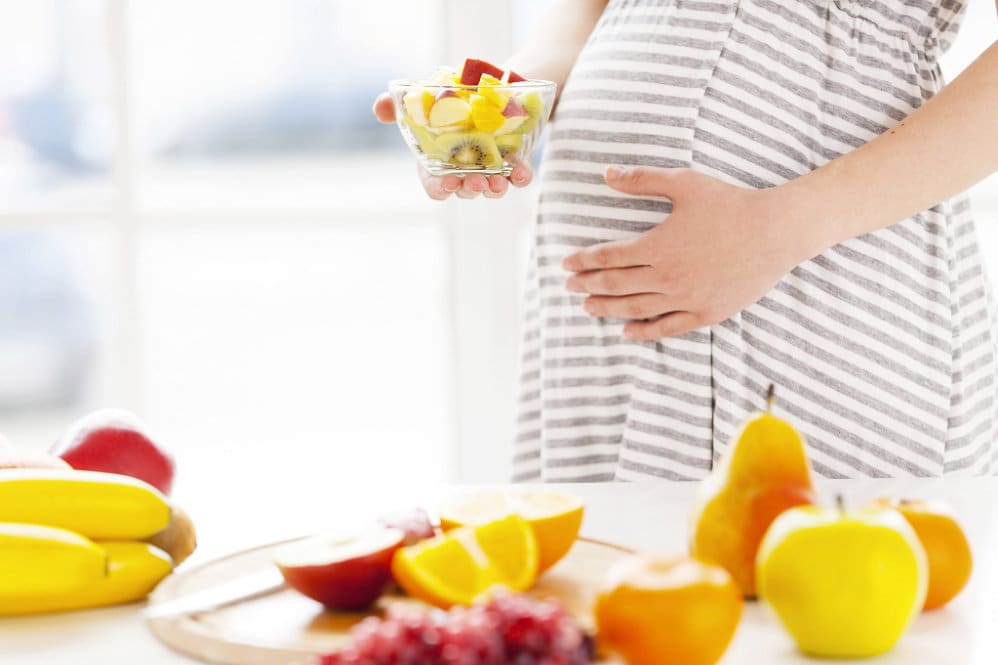Introduction
At week 27 baby’s heart is fully developed and going strong. If you have been suffering with heartburn during pregnancy you are not alone. This is the one of the most common symptoms in pregnancy. Read our advice on helping to prevent heartburn. Antenatal classes are helpful, even for experienced mums, read more on preparing for labour and what to expect at 27 weeks pregnant.
What happens at 27 weeks pregnant?
At 27 weeks pregnant, your baby is developing nicely and is about the size of a cabbage. There’s still plenty of growing to do though – and your baby’s lungs are one of the last things to develop. Baby has all the right parts to start breathing but their air sacs have more growing to do and they’re yet to produce something called ‘surfactant’. This substance keeps the airways open and makes it possible for baby’s lungs to breathe in air after delivery. It’ll be week 35 or so before they have enough to breathe properly.
Baby’s heart at this stage is fully developed and going strong. Something to look forward to hearing again at your next check-up.
What happens to your body at 27 weeks pregnant?
You might find some of the more embarrassing pregnancy side effects are bothering you now - piles, wind and even leaky boobs! Not enjoyable but totally normal and luckily they won’t last long. Once baby is born most of these annoying symptoms will ease off and be quickly forgotten as your world gets turned upside down in the most wonderful way.
Having a hard time sleeping? It’s a very common complaint as you near the end of your pregnancy, which isn’t surprising since you’ve got a lively little human on board. We explore some of the reasons why sleep may be a problem in our symptoms section below.
What to eat at 27 weeks pregnant?
If you’ve avoided heartburn so far, don’t relax too soon, it can still bite you on the tum as you get near the end. In fact, 17-45% of pregnant women suffer from heartburn - you may get symptoms at any point during your pregnancy, but they are more common from week 27 onwards. That’s because baby is getting heavier and their weight is pushing on your stomach and intestines. This pressure can cause stomach acids to be squeezed into your oesophagus, relaxing the muscle at the top, creating that uncomfortable burning sensation.
If you haven’t had heartburn yet, it is worth preparing for heartburn in the third trimester. Try adding an extra pillow so you’re sleeping almost upright. Our resident dietitian Ellie advises eating light meals in the evening so you’re not going to bed on a full stomach. If you get hungry later on, yoghurt or a piece of non-acidic fruit like a banana should tide you over until breakfast time. You may want to consider cutting out acidic, spicy or fatty foods, as these can make things worse. Speak to your GP if changing your diet doesn’t help.
What are the symptoms of 27 weeks pregnant?
Week 27 pregnancy symptoms can include snoring and strange vivid dreams. Snoring is quite common in pregnancy as your nasal passages can get more swollen and blocked. Physical changes in the body increases the chances of snoring during pregnancy including weight gain, hormonal changes and increased blood flow.
Vivid dreams and nightmares are also quite common during pregnancy. Some researchers believe that dreams are your subconscious working through problems that are on your mind. It is your body’s way of sorting through the many different emotions that can arise during pregnancy, both positive and negative. Changing hormones and the increase in progesterone have also been linked to more vivid dreams during pregnancy.
Try improving the quality of your sleep to avoid nightmares and vivid dreams. Relaxation and breathing techniques can help soothe any anxiety you may be feeling consciously or unconsciously. Keeping a dreams journal may also help you find any patterns in your emotions and how it affects your sleep. Talk to your partner about your dreams and any feelings that you think may be causing them. Follow our pregnancy sleep tips to reduce disruption and maximise sleep mode.
Getting ready for labour and beyond
Antenatal classes are helpful, even for experienced mums. That’s because researchers are constantly discovering new things that can help your pregnancy, and delivery methods change a lot too.
For instance, breathing exercises have always been part of antenatal classes, but now hypnobirthing is covered as well. This adds relaxation, visualisation and mindfulness methods to the traditional breathing techniques, helping you concentrate on your body and the birth of your baby.
Antenatal classes will also help you understand what’s happening inside your body during labour and delivery. It’s a good chance to find out about pain relief and give you hospital options too.
For more information about antenatal classes, speak to your midwife.











